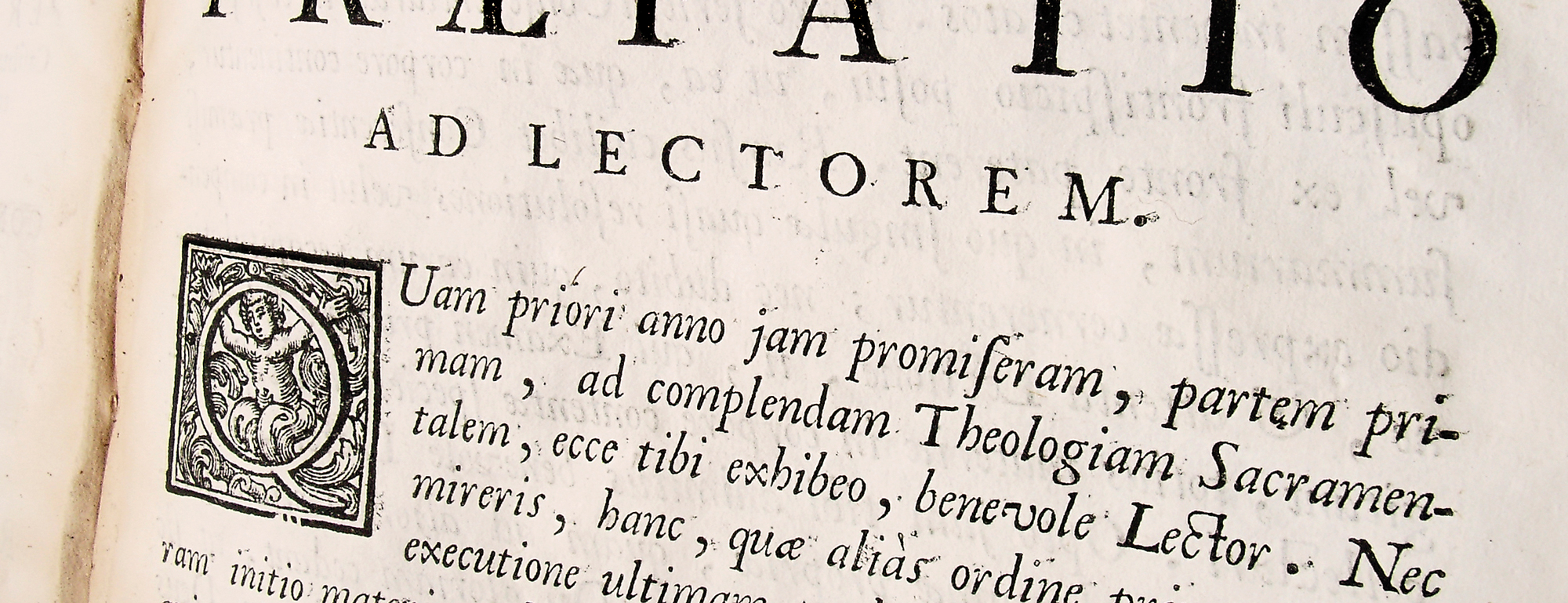The study of Latin is, perhaps, the most obvious distinctive of a classical education. When I tell others that our students study Latin from Kindergarten through eighth grade, I often get asked “Why?” That is usually followed up with a reference to Latin being a dead language and the usefulness of studying a modern language like Spanish or Chinese.
My response is that modern languages are useful, but so is Latin. On top of that, we don’t study Latin out of a sense of sentimentality, or mere reverence for the past. The study of Latin has much to commend to it, and it plays a vital role in accomplishing our mission as a school. With that in mind, let me highlight some of the reasons we study Latin at Redeemer Classical School.
PREDICTABLE AND CONSISTENT: I have heard it said that Latin is like the Roman Legions — it marches steadily and in order. In other words, Latin has relatively few exceptions to the grammatical and syntactical rules. This is in stark contrast to a language like English that has many exceptions to the rules. The consistency and predictability of Latin makes it easier and quicker to learn than many other languages (note: I said easier, not that it will always be easy).
LEARNING OTHER LANGUAGES: Latin is the root of all Romance languages: French, Romanian, Italian, Portuguese and Spanish (FRIPS). Studying Latin enables students to learn the Romance languages quicker and with greater ease, because they already know the basic grammar, syntax, and vocabulary that undergirds them.
ENGLISH VOCABULARY AND GRAMMAR: While English is a Germanic language in its structure, many English words come from Latin. As such, learning Latin is useful in developing and expanding English vocabulary. Furthermore, studying Latin forces students to think about grammar — the system and structure of language — in general. This not only helps students learn Latin, but also provides them with a better understanding of how the English language works.
EXPANDING VIEWS, SHARPENING MINDS: By learning new languages students learn to see the world in different ways. It provides them with new categories for thinking about the world around them, gives them increased vocabulary to express themselves and their ideas, and equips them to discern greater nuance in what they read or hear. But none of this comes without persistence and diligence, which are important skills for life and learning. With all of this in mind, we feel that learning other languages is an essential aspect of a high-quality education. Latin is especially helpful with this because of its predictability and consistency (mentioned above).
UNDERSTANDING ROMAN CULTURE: Studying the Latin language is more than just vocabulary and mechanics. It’s also about learning of a great society that shaped who we are today. As Westerners, living in a nation founded by English, Spaniards, French Germans, and Italians, the once powerful Roman Empire shapes much of our culture and traditions. So, in order to learn about our own past, the Roman thinkers who have shaped our society even thousands of years later, it is important to learn the Latin language. In all of our Latin language education, the students are learning the culture and history of Rome, as they learn to translate stories about Roman heroes, myths, and daily life in the Roman Empire.
LEARNING CHURCH HISTORY: Finally, studying Latin is especially helpful for learning about church history. For centuries Latin was the official language of the Western Church. Many of the most important documents in church history (creeds, confessions, catechisms, correspondence, commentaries, and sermons) were originally written in Latin. By studying Latin our students gain access to these documents first hand. When they study and/or memorize these texts in class they are not only practicing Latin, but gleaning wisdom from saints long ago and celebrating the richness of the Christian heritage.
For those reasons, we are excited to teach students Latin at every grade level. We hope that you are, too.
If you want to hear more, check out the video that we recently released entitled, “Why we study Latin.”
[HT: Anne Fowler Smith, former RCS teacher, for writing the “Understanding Roman Culture” section of this, and for providing the basic outline of this post by means of an earlier document that she produced]

